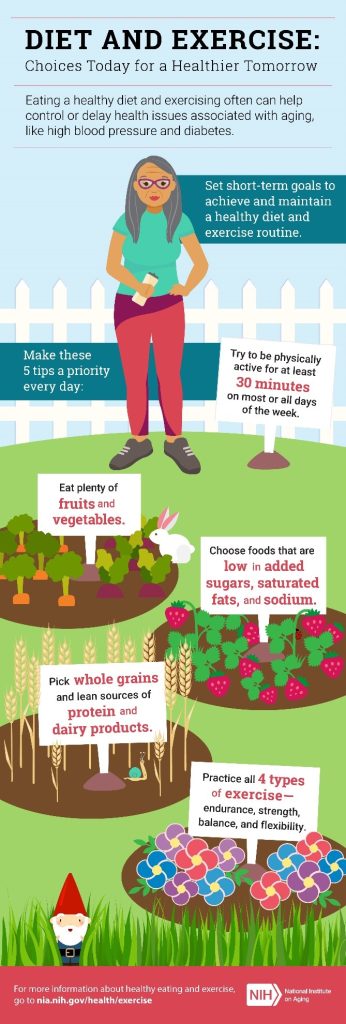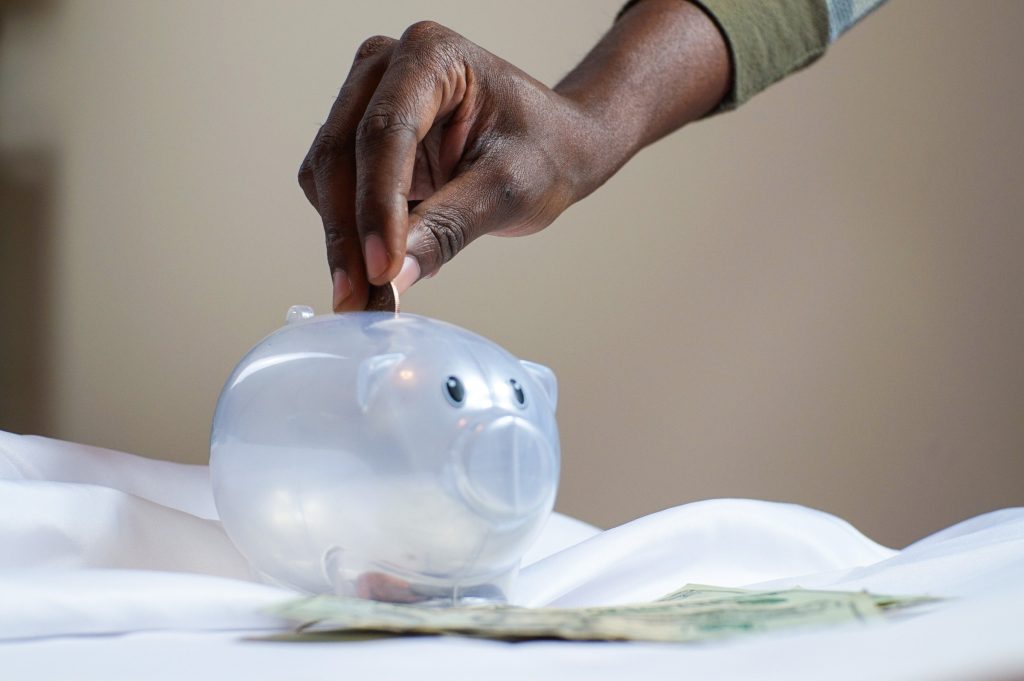
Saving money for the future can help you have money for surprises that come along, like filling a cavity or buying a present for a relative’s wedding. Saving money can also help you reach your goals, like buying a house, saving for retirement, or children’s higher education.
This module focuses on how to build daily habits that lower expenses and build up savings.
This module takes about 30 minutes to complete. By the end of this module, you will know how to…
…save money by making changes to your daily habits.
…save money by lowering your recurring monthly expenses on things like bills, loan interest, and insurance.
…lower expenses in creative ways.
Complete the following pre-learning check to test your knowledge. Answer “true or false” to the three statements below. Click on the blue box to find the correct answer.
Reducing expenses always means consuming less.
False, sometimes you can lower expenses by switching companies while still maintaining the same level of service. For example, you can save money by refinancing your loans, switching your phone, cable, and internet carrier, or changing your insurance provider.
Sometimes, a large one-time effort can pay off in big savings in the long run.
True. For example, acquiring quotes from competing insurance companies or switching to a cheaper phone carrier can save you dozens of dollars per month. All it requires is the one-time effort of searching for better deals or asking for quotes.
There’s no point in keeping your savings in a bank or credit union account because they pay so little interest.
False, banks and credit unions are safe places to keep money and if you start a habit of putting a little money regularly in a savings account you’ll be surprised how fast your balance will grow.
How Savings Can Help
Small Ways to Save Money
Store all your leftover coins and bills in a piggy bank and deposit them directly at your financial institution. Private coin depositing kiosks charge an extra fee, but your financial institution could deposit your change for free. Round-up savings apps are an electronic version of a piggy bank that automatically deposits money to your savings account whenever you use your debit card.
- Take advantage of free activities and entertainment
Look for free visit days at museums and local, county, and state parks. For example, a museum may be free on Tuesdays. Check out state and national forests as well. Also, libraries are full of free entertainment so make sure to check out your local library.
- Use the 30-day rule before you buy an item
When you get the urge to buy a new item, wait 30 days and then see if you still want it. If 30 days seems too long, at least wait a couple of days and see if you still want to spend that much money on the item. Also, that gives you time to search for the best deals for the item if you still want it.
- Go for the creative and meaningful, rather than expensive gifts
A nice gesture as a gift, like cooking dinner or baking cookies, or something you made yourself like a piece of art or a craft, are often more meaningful gifts than expensive ones.
- Keep an eye on your monthly subscriptions
Whether you use cable or streaming services, it can be helpful to pick only one or two services that have your favorite shows to keep from paying monthly fees for many different providers.
- Save money on transportation
Save money by trying to drive less. See if you can carpool, walk or bike more, use public transportation, or work from home when you can. Anytime you drive, you use gas and put miles on your vehicle. Consider combining errands into one trip. Combining trips can shorten the distance you drive, and it allows you to travel more miles when your engine is warm which allows it to run more efficiently. Driving the speed limit and keeping your tires properly inflated can also help reduce fuel costs.
Big Ways to Save Money
- Automatic transfers
You can set up automatic periodic transfers from your checking account to your savings account. You may be able to do this on your financial institution’s website by yourself, or by contacting the financial institution. If you set up the date of automatic transfers to be a few days after your payday, you will make sure you will have the funds in your account. Even saving $50 per month will add up to $500 in just ten months, and $500 is a good start to an emergency fund.
Buying food at grocery stores instead of eating at restaurants is one of the easiest ways to reduce spending. Use lower-cost grocery stores, sign up for loyalty programs, check their coupons, and be sure to write a shopping list to avoid impulse buying. In addition to saving money, home cooked meals are usually healthier than take-out or fast food.
- Keep good health
Healthcare expenses add up, especially later in life. You can save a lot of money on healthcare expenses by following these tips:

Making these lifestyle changes will allow you to live a healthier and longer life and will save you on health- and dental care costs:
- Keep good dental hygiene. Brush your teeth twice per day and floss every day. Dental procedures at the dentist can be expensive.
- Limit alcohol consumption, smoking, and vaping. Alcohol and nicotine products are expensive, may result in not being able to pay for something you value or need, and their use may result in expensive healthcare costs.
- Drive carefully and follow driving laws. Car accidents may result in car repair and health care costs.
- Practice routine preventative health care, such as annual physicals and lab work.
- Shop around for loans and insurance
Car loans, mortgage payments, student loans, and insurance payments are a large chunk of monthly expenses. Keep an eye on your loans and contact other financial institutions to see if they can refinance your loan with better interest rates. Consider the costs that lenders might charge for refinancing (like closing costs) to see if changing your lender will save you money.
Shop around for better deals on auto, home, and other insurance. Sometimes you get extra discounts by bundling your insurance plans. Contact insurance companies and get free quotes for their insurance offers. You can save a lot of money by having lower rates on your loans and insurance.
Mortgages: Should I refinance?
- Shop around for phone, cable, and internet plans
Mobile phone companies sometimes offer good deals to new customers. It may help to take advantage of a deal from another phone carrier and save monthly. The same goes for cable and internet plans. Companies usually offer bundle discounts too if you receive multiple services from the same company.
- Lower your monthly expenses on utilities
Reducing electricity, water, and natural gas/propane usage can bring you savings if you make small changes at home. For example, turning off lights when not in a room, fixing leaking faucets, using LED light bulbs, and always turning off electric equipment like computers and TVs after use are great ways to lower the bill.
Here are more simple, affordable and useful tips on how to save energy and water at home: Simple Steps to Save Energy, Water, and Money at Home
Wisconsin’s Focus on Energy program provides rebates for things like insulation, heat pumps, and energy efficient water heaters and heating and cooling systems: https://focusonenergy.com/. Focus on Energy also provides free energy-saving kits.
If you own your home, installing a smart thermostat, replacing old toilets with water-efficient ones, and upgrading appliances to energy-efficient ones when they break can save money over time.
Here are more tips on how to save electricity: Energy Saver
Here are more tips on how to save water: Start Saving Water
Take advantage of public benefits for which you may qualify.
You may be eligible for public benefits such as FoodShare, energy assistance, childcare assistance, and Medicaid, among others. ACCESS connects you with the help you need when you need it
Additional Resources
Here are more resources for other strategies to reduce spending and save money:
UW-Extension Money $mart has an excellent resource about Saving Your Money
Even more savings tips here! 54 Ways to Save Money
Test your knowledge
Saving Money Quiz. Take this 10-question quiz to review the basics and test your knowledge. You can take it as many times as you want.
Certificate of Completion
If you’d like to certify that you’ve completed this module, be sure to contact a UW-Madison Extension Financial Educator to find out about program requirements.





